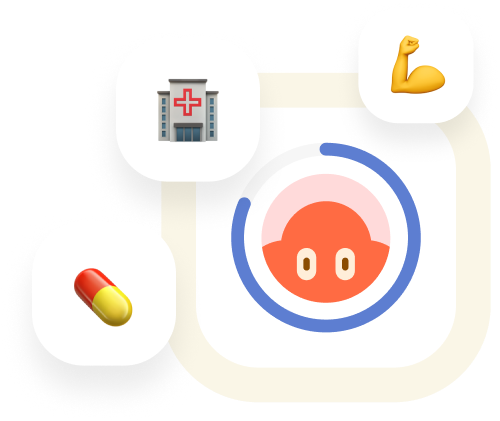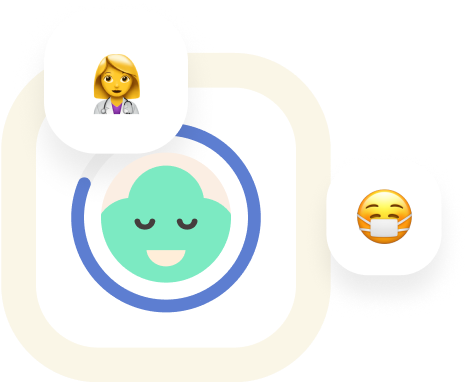ASD causes us to get easily overloaded by external stimuli like noise, crowds, touch, smell, eye contact, and more. Stimming is a very common thing in the ASD and ADHD community. Some classic ASD stims are auditory noises vocalized in a pattern and fluttering of hands. Fidgeting is common in ADHDers who have a hard time sitting still and can present itself as leg shaking, tapping, fidgeting with the hands, and finding stimulation with fidget toys like fidget spinners or fidget cubes. With ADHD, a common trait is needing a “fix” or seeking stimulation. Since ADHDers have a hard time sitting still, they often find stimulation with the fidgeting I mentioned. It’s also very easy for ADHDers to fall into certain traps with needing stimulation like becoming a shopaholic and overspending, overusing social media, etc. People with ADHD also have hard times keeping routines like brushing their teeth, washing their face, making the bed, etc. Time is also difficult for ADHDers and we tend to forget the things we put off for later. That said, ASD and ADHD aren’t necessarily considered an anxiety disorder. Although the interactions anxiety has can manifest differently in the two conditions and anxiety rates are higher in those who have them, they’re not considered anxiety disorders. However, OCD is an anxiety disorder and is also more common in those with ASD.
Something to also note, twin and family studies consistently show substantial genetic overlap (50-72%) between ADHD and ASD and it’s estimated that between 22-83% of autistic children meet the criteria for ADHD. Another study found familial links between OCD and ASD and that people who were diagnosed with autism had twice the risk of being diagnosed with OCD. Also, it’s estimated that up to 30% of people with OCD might also have ADHD, so there’s significant overlap between all three conditions.
OCD is an anxiety disorder characterized by rituals, or compulsions, (walking a certain way, repeated activities like locking unlocking and relocking a door, etc), unwanted obsessive thoughts and behaviors (ex. obsessively thinking about an event that happened, an image, an urge, obsessive “what if…” thoughts, etc.), and overactive anxiety (like fear, worry, and disgust with things that typically shouldn’t be so serious).
For me, I had to work with a therapist to learn to separate my ASD, ADHD, and OCD from each other. With my OCD, I’d often have too many “what if..” thoughts and obsessive thoughts and I would perform rituals in response to that OCD-specific anxiety like making certain sounds in a certain order and breathing a certain way. My ADHD particularly presents itself in situations where I don’t have personal interest and I end up having an incredibly hard time paying attention/focusing. It also presents itself as procrastination in response to a task that causes anxiety. My ASD presents itself when I make eye contact with new people where my eyes burn, when I’m in the grocery store where I’ll have a hard time thinking and walking, in social situations causing general anxiety, and in certain anxious situations like concerts and being asked to do too many things at once to which I become overwhelmed and will sometimes flutter my hands or make sounds.
If you have those anxious behaviors (the singing, nail biting, hair twirling, tapping, etc.) in response to obsessive thoughts or excessive “what if…” thoughts, I would definitely look into OCD, but since the three conditions have such a high comorbidity, I’d look into seeing a psychiatrist since they’re specialized in the treatment as well as the conditions themselves, and can diagnose and treat you at the same time.
I’d also check out this article that might be able to help you separate the conditions with your symptoms:
https://neurodivergentinsights.com/misdiagnosis-monday/adhd-vs-autism-vs-ocd




